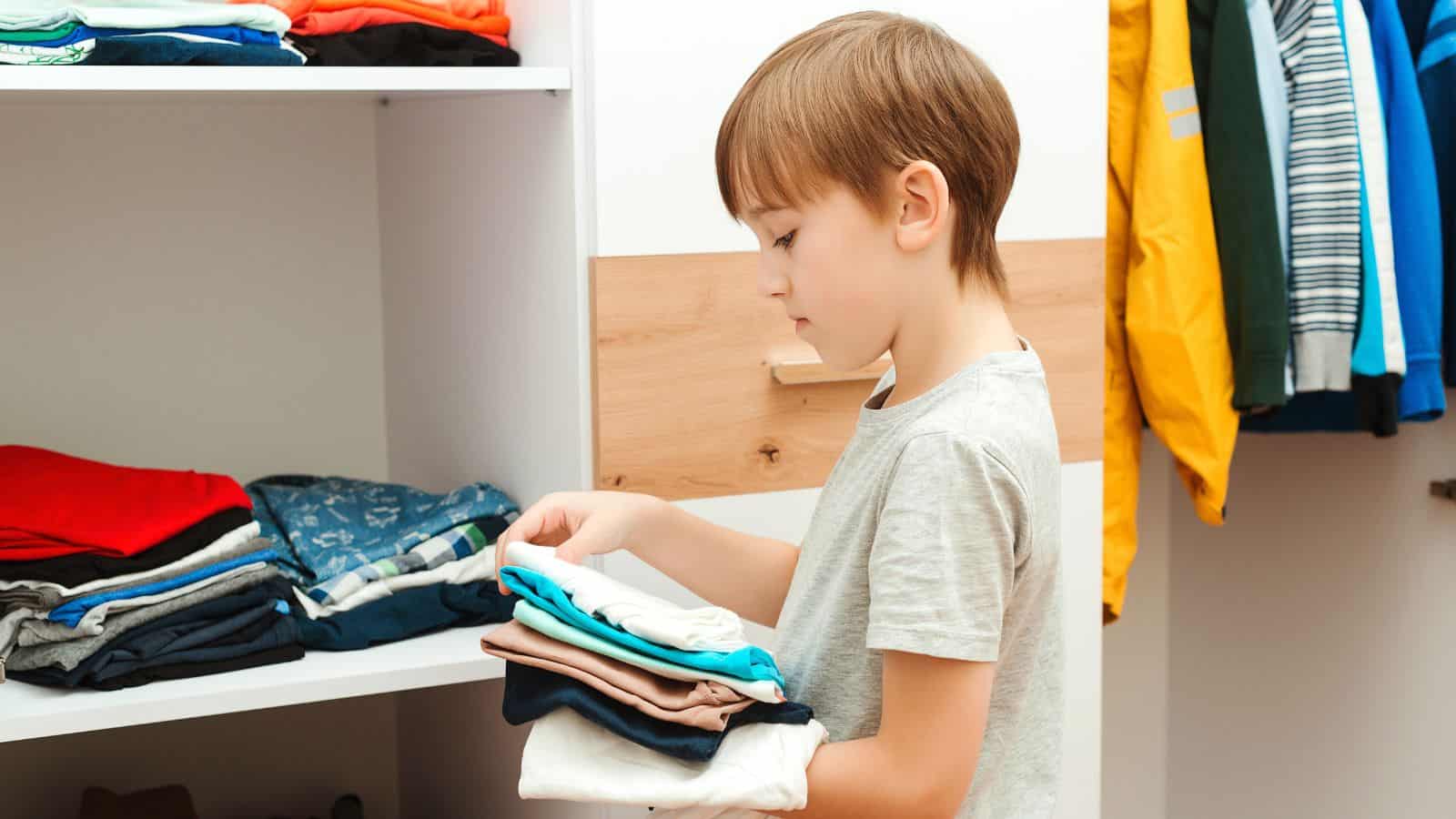You may have found yourself questioning your childhood, especially when you hear about other people’s. It can cause you to compare your early years and potentially leave you with many questions. Here are 19 red flags that your childhood was toxic and dysfunctional.
Regular Criticism

Psychology Today writes, “Constant criticism early in life can leave the impression that what you think, feel, or do is somehow wrong. As a result, you’re often plagued by self-doubt.” When a parent isn’t praising you, it can feel as though they don’t care about your achievements.
Physical, Emotional, or Sexual Abuse

The presence of any form of abuse during your childhood is unacceptable, and it reveals that it was toxic and dysfunctional. It can create many long-term issues, such as trauma, mental health conditions, and trust issues. Abuse can create so much fear in a child.
Neglect of Basic Needs

If you didn’t have regular access to things such as food, shelter, or clothing, then it’s a sign you had a toxic childhood. It shows emotional neglect, as you weren’t given attention or looked after when you couldn’t look after yourself. It may have created developmental issues for you in childhood.
Substance Abuse in the Household

One red flag that your childhood was toxic includes exposure to substance abuse in your home. This can include both drugs and alcohol. It would’ve made your home life particularly unstable and made you feel unsafe. You may have found it hard to cope, which could also have affected your adult years.
Explosive Behavior

A parent’s explosive mood swings can seriously affect their child. For example, Medical News Today writes, “It is normal to feel angry, but uncontrolled parental anger can have serious negative effects on children, including poor mental, emotional, and physical health.” It wasn’t healthy to constantly wonder when a parent might suddenly explode.
Overly Strict

If you think your parents were overly strict and controlled every minor aspect of your life, then it’s a sign that you grew up in a toxic and dysfunctional childhood. You may have faced punishment if you didn’t abide by what your parents wouldn’t allow you to do and felt like you didn’t have any personal freedom.
Parentification

Taking on the adult role, or becoming the parent, in your childhood is not how it should’ve panned out. You may have had many responsibilities, whether that was heading to the grocery store, cooking dinner, or having to be there emotionally for a parent.
Lack of Privacy

During your childhood, you may have found that your parents constantly invaded your personal space or had no respect for your privacy. This could have meant your parents always made sure they were heavily involved in your activities and wanted to know every single friend you had.
Manipulative Behavior

If a parent regularly used manipulative behaviors such as guilt, obligation, and the need for control, then it could have been that you grew up in a toxic childhood. This behavior could’ve made it more difficult for you in adult life, making it harder for you to form loving relationships.
Scapegoating

Verywell Mind tells us that there are many negative effects that can come from being the scapegoat in the family. These include trauma, toxic relationships, struggles with boundaries, and self-sabotage. You may have found yourself being treated differently than your siblings in your younger years and it can make you carry guilt into your adult life.
Invalidation of Feelings

Your parents may have dismissed your feelings in your childhood, making you feel a lack of importance. If you were told to suppress any of your feelings as a child, then this is a sign of abuse. In your adult life, it may mean that you struggle with communication and being able to control your emotions.
Exposure to Regular Conflict

If you found yourself constantly in the midst of your parents’ arguing, whether that was verbal or physical fights, then it’s a sign you grew up in a toxic childhood. It may have meant you felt fear on a regular basis because you were scared to be caught up in any more conflict.
Isolation from Others

Your parents may have kept you from other people during your childhood. It could’ve included restrictions on who you were allowed to see or they didn’t allow you to attend activities, whether that was a sports club or going to a birthday party. It can seriously impact your social skills as an adult.
Frequent Lies

Children’s Mercy writes, “Avoiding truthful conversations can erode a child’s trust. It can also prevent them from learning how to healthily deal with their own feelings.” It’s considered a red flag if your parents constantly told you lies during your childhood. It may have been that they were covering up any conflict between themselves or weren’t being truthful about family dynamics.
Toxic Competition

Being encouraged to compete with siblings or classmates was a sign of toxicity. Your parents may have wanted you to compete for their affection and this could’ve caused high amounts of stress. This behavior would’ve had long-lasting effects that you may still struggle with to this day.
No Safe Space for Emotions

Children need a safe space where they can express their feelings. If you didn’t feel you had this, you wouldn’t have been able to express your emotions, which can lead to psychological issues in your adult years as you struggle to be vulnerable in your relationships.
Unsupportive Family

If your family was never supportive of your achievements and constantly exaggerated your failures instead, then it shows elements of toxicity. It may have left you feeling like you were never good enough. These feelings of inadequacy have no doubt followed you into adult life.
Constant Threats

According to First Five Years, threats can undermine a relationship of trust because the child feels like love is only conditional. It can create a sense of fear, and the more intense the threat, the more fear there is. Long-term effects include having issues with confidence.
Denial of Abuse

If a parent denies that they were abusing you, then it’s a sign of toxicity in your childhood. They may not have wanted to acknowledge what they were doing to you, and this has now created a personal trauma that you still have years later.
Up Next: 17 Behaviors That Make People Think Less of You

If you want to be accepted by those around you, you have to behave in certain ways. Obviously, you should still be yourself, but there are certain social ‘rules’ people should abide by, like avoiding these 17 behaviors that make people think less of you.
17 BEHAVIORS THAT MAKE PEOPLE THINK LESS OF YOU
20 Signs Someone Is Only Pretending to Care

Whether it’s to avoid hurting your feelings or if it’s part of a more elaborate plan to deceive you for benefits, people pretend for many reasons. The main theme with them, though, is that their actions never match the sugar-coated words that come out of their mouths. So that you don’t fall for someone like this, we’ve compiled 20 signs for you to look out for.
20 SIGNS SOMEONE IS ONLY PRETENDING TO CARE
18 Items at Walmart that Aren’t Worth Your Hard-Earned Money

For many of us, Walmart is the go-to superstore. Whether we need groceries, clothing, or technology, Walmart is a one-stop shop for everything you would need. However, there are some Walmart products you should avoid at all costs, such as the following 18 examples.
18 ITEMS AT WALMART THAT AREN’T WORTH YOUR HARD-EARNED MONEY
